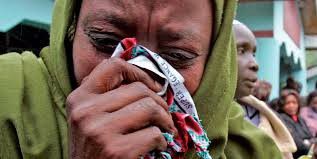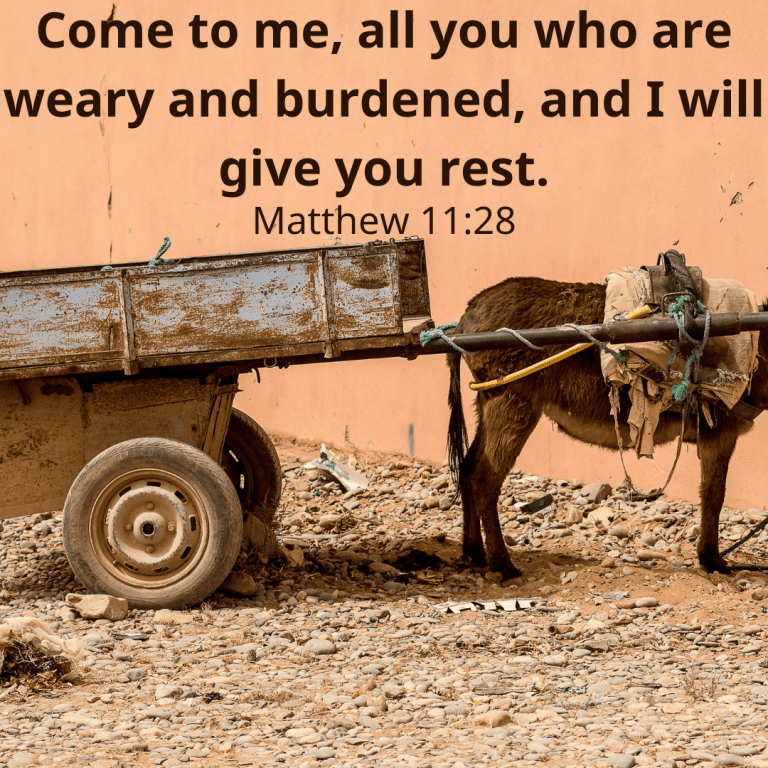1 Lidri ka talogo ekye:
“A'di ma ta ni tase meribe ono ya ya?
A'di ndre drì OPI ro ni tase ono oyevoya ya?
2 Nda mbate OPI milesi oso ŋgaluru ronye
ago oso paji kabe pa oso gyini awiro ya 'do ronye.
Nda a'dote teinye beti kado aza ako ämäri voondreza nda dri,
ago liŋgyi aza ako ämäri nda olezana.

3 Lidri mawo nda te ago ga nda tezo;
nda iŋgyi rueza ndi lomvoluwu be te.
Caoko 'diaza ndre vo kote nda dri,
amawo nda te ago màtita ndaro kote.
4 “Oko nda iŋgyi rueza se aba ni amaro ono te,
iŋgyi lomvoluwu se aba ni ämäri usune ono te.
Caoko musutate màkye rueza cini ndaro ono
orivoya taezaro yi Lu ezoni.

5 Oko ä'di nda te laza be ta takozi se màyebe ono rota,
a'debe nda o'bine tana tase undiro màyebe ono 'bani.
Ede ama te taezaro se nda kezarube sina ono si,
a'ba ama te londroro laza se ä'di nda be ana si.
6 Vo ama cini ro orivoya oso timele se kujebe ronye,
ama ba alo alo mà ugu oyi liti modo amaro ro yasi.
Oko OPI 'ba,
taezana taezaro se aba si ozone ama cini ri ayani ono te nda dri.
7 “Aye nda te siomba si, ago aye nda te koziro;
caoko nda ata ta aza kote.
Oso timele se abe uguna ufune 'do ronye,
oso timele se alebe 'bi na olone 'do ronye,
nda ata ta aza kote.
8 Äru nda te ape vurena te ago ugu nda te ufune,
oko 'diaza ti ta ndaro ro kote ago äfu nda te ni 'bädri yasi.
Äfu nda te takozi ama lidri rota.
9 A'ba nda te 'budri ya takozi'bai be,
ase nda te ŋgadriamba'bai be,
caoko nda egye ta aza kote koziro
ago iti ta aza kote kowero alona.”
10 OPI ka ata ekye:
“Ana orivoya ole maro ndäri lomvolwu usune;
be ndäri ruezane;
odra ndaro orivoya tori olo yi ta ŋgae'bero ta takozi rota.
Nda ondrena zelevoi ndaro 'da;
nda orina 'da madaro,
ago ayena ole ma Lu ro 'da kadoro nda si.
11 Ori ruezaro ono vosi oko nda go a'dona 'da kpa to'di riyä ro.
Ruindu'ba orooro maro ono o'bana lidri amba 'da taŋgye'bai ro,
ago nda uŋgyina taezaro ànyaro 'da.
12 Ta'dota mozona vo 'da ndäri,
lidri se 'desiro iyi lako
ago nda la'dona ŋga 'da lidri se mbara'ba ro iyi be.
Nda ozo adri ndaro te ole cini si
tana nda ozo adri iro te odrane,
ago ati nda te takozi'bai lako;
nda ŋgyi takozi lidri amba rote,
ago mätute tana e'be ànya robe ta takozi rota.”
1 The people reply,
“Who would have believed what we now report?
Who could have seen the Lord's hand in this?
2 It was the will of the Lord that his servant
grow like a plant taking root in dry ground.
He had no dignity or beauty
to make us take notice of him.
There was nothing attractive about him,
nothing that would draw us to him.
3 We despised him and rejected him;
he endured suffering and pain.
No one would even look at him—
we ignored him as if he were nothing.
4 “But he endured the suffering that should have been ours,
the pain that we should have borne.
All the while we thought that his suffering
was punishment sent by God.
5 But because of our sins he was wounded,
beaten because of the evil we did.
We are healed by the punishment he suffered,
made whole by the blows he received.
6 All of us were like sheep that were lost,
each of us going his own way.
But the Lord made the punishment fall on him,
the punishment all of us deserved.
7 “He was treated harshly, but endured it humbly;
he never said a word.
Like a lamb about to be slaughtered,
like a sheep about to be sheared,
he never said a word.
8 He was arrested and sentenced and led off to die,
and no one cared about his fate.
He was put to death for the sins of our people.
9 He was placed in a grave with those who are evil,
he was buried with the rich,
even though he had never committed a crime
or ever told a lie.”
10 The Lord says,
“It was my will that he should suffer;
his death was a sacrifice to bring forgiveness.
And so he will see his descendants;
he will live a long life,
and through him my purpose will succeed.
11 After a life of suffering, he will again have joy;
he will know that he did not suffer in vain.
My devoted servant, with whom I am pleased,
will bear the punishment of many
and for his sake I will forgive them.
12 And so I will give him a place of honor,
a place among the great and powerful.
He willingly gave his life
and shared the fate of evil men.
He took the place of many sinners
and prayed that they might be forgiven.”
